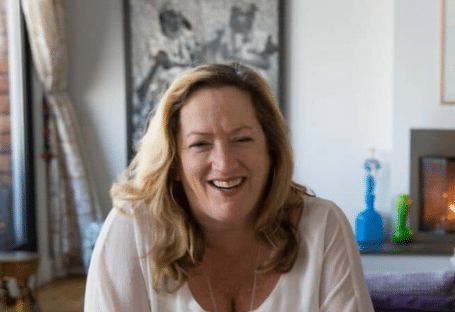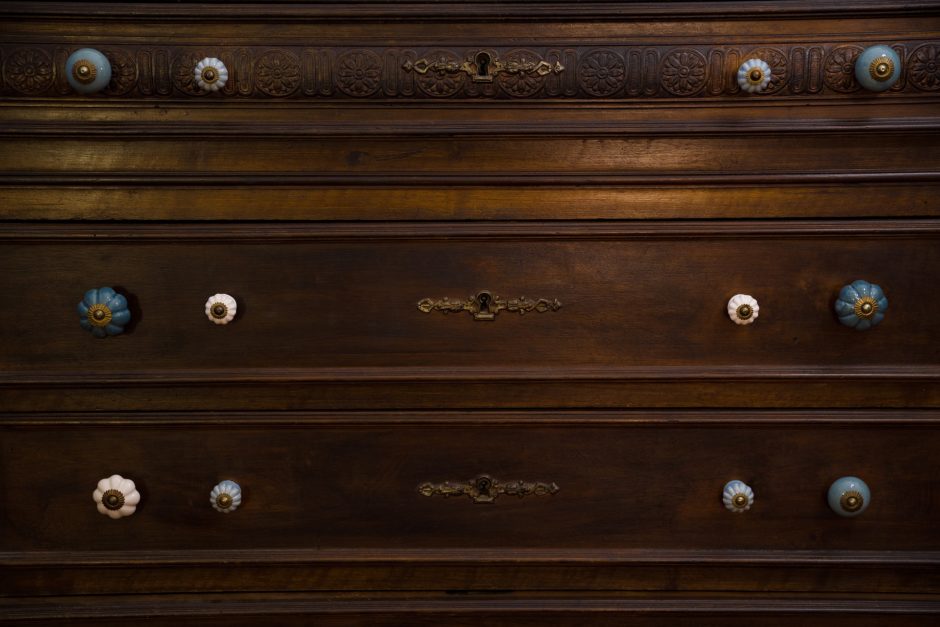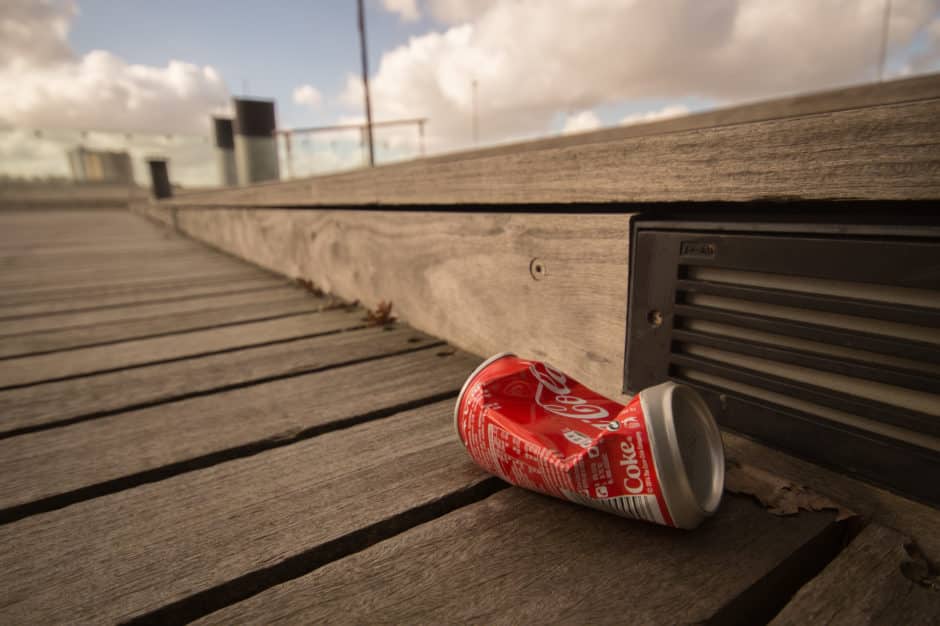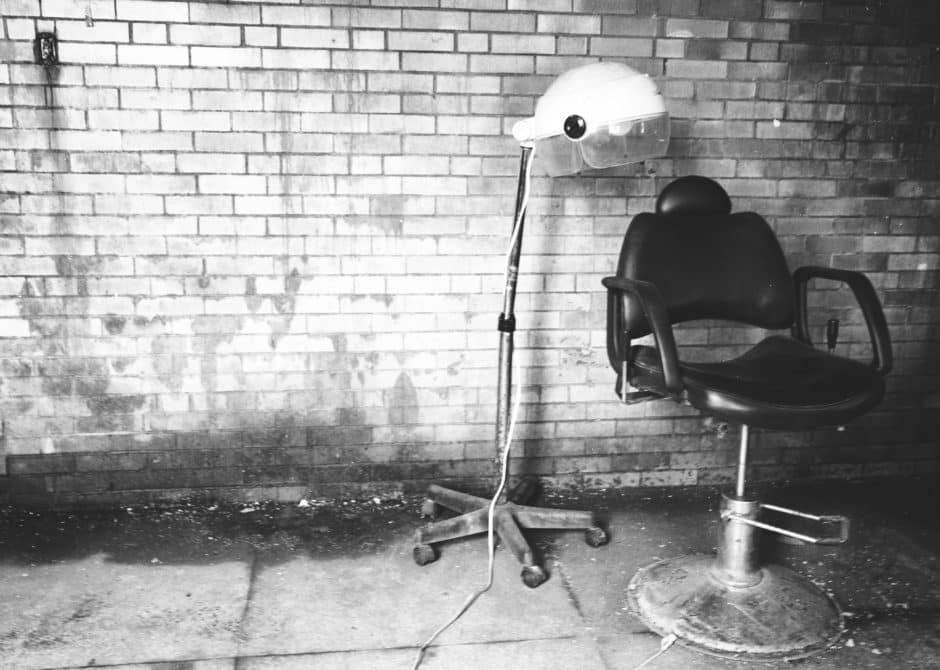By Hillary Richard
When I was a kid, my brothers and I routinely rifled through our single mom’s drawers. We didn’t really know what we were looking for. Clues, maybe? Mom was something of an enigma then, alternately mystifying and terrifying.
While we three roamed the Upper West Side barefoot, bedraggled, and unsupervised, Mom worked as a registered nurse, mostly at night because it paid more. Because she worked nights, she slept during the day. When we feral kids woke her (which was often) she raged. Screaming, hitting, and punishments galore followed. Sometimes, if we really, really misbehaved, she would take away holidays like Halloween or Christmas.
But Mom could also be really fun. A musician at heart, a lifelong pianist, she loved to cook up a big pot of spaghetti, invite tons of people over, and make music. More often than not, though, we sat alone at the kitchen table, eating chicken potpies and TV dinners. Sometimes a live-in student swapped rent for nighttime babysitting. Men came and went. Some were nice and taught us things we loved, like how to burp on command (I can still do this). Some, not so much.
Who was this mother we loved, but whose actions confused and frightened us? The answer, we figured, was in her drawers. My brothers and I were usually disappointed to find only scarves, pantyhose, and underwear. Sometimes, we found matchbooks and notes. We pondered their meaning.
In time, I would find much more.
I now have three kids of my own. I have the luxury of a husband, a well paying job. When the kids were younger, I was able to employ an excellent nanny who not only cared for them, but who cleaned and cooked.
I can only imagine how hard it must have been for my mom to never enjoy the gift of time when I was a child. Just time to play with me or read to me; time free from worrying about how to pay the rent or clean the apartment. I, on the other hand, have clocked countless hours playing with Barbies, endless games of Candyland (which I never let the kids win without a real fight), and hours and hours of reading to them in bed or just laying there, feeling their hearts beat while they fell asleep. These quotidian minutiae shaped my relationships with my three girls. As did my desire to be an open book, unlike my mother.
When I was in third grade, I found some pot in one of my mother’s drawers. I had been fully indoctrinated into the belief that marijuana was a gateway drug that led directly to heroin. Naturally, I was hysterical. I told my older brother Chris, a sixth grader, that our mother was a drug addict, likely to die any day now of a fatal overdose. I thought we could confront her directly, you know: scare her straight. Chris calmly explained that he too smoked pot. Perhaps, he reasoned, if I tried it, I would understand it wasn’t dangerous like heroin. While I appreciated his soothing tone and calming efforts, I demurred. And rather than confront her, I just kept on spying.
Naturally, I grew to learn that weed doesn’t kill you, although alcohol might. And raising three girls firmly convinced me that of the two, weed was definitely the safer option. Alcohol would inspire me to make stupid and risky choices. Pot just made me hungry. My mom struggled with both. I joked that she could get addicted to anything – Coca Cola, aspirin, you name it. In retrospect, it doesn’t seem so funny.
When my middle daughter started smoking pot in high school, I was relieved she wasn’t coming home drunk. I didn’t want her to be vulnerable. Unfortunately, just being female and a teenager makes you vulnerable. But I didn’t want her to be more vulnerable.
Eventually, I found some papers in my mother’s underwear drawer. They appeared to reference a medical procedure. I didn’t understand them. But I remembered the word abortion. Or a word close to abortion. They might have been in Spanish; I don’t really remember. But they scared me.
Sometimes we spent weekends with our dad (dads really, as my little brother had a different one). We never wondered what my mom was doing because we were kids and mostly just thought about ourselves. To the extent we ever thought about it, we just assumed she was at work or at home, like always. I was frightened to think that when we were away, my mom was having medical procedures, or doing who knows what else. But I couldn’t ask without admitting I went through her stuff. Was this taking away a holiday kind of bad? I wasn’t sure of the grade of the offense, and I didn’t want to risk it. Still, I thought about those papers for years.
We left New York for California soon thereafter. My mom married her third husband. We stopped going through her drawers. He had a bad temper and it wasn’t worth the risk. Also, she was home more. She stopped nursing. Actually, she stopped working altogether.
I understand now that she was desperately searching for herself. All of a sudden, she had the luxury of time. She wrote music, poetry, plays. She was finding herself as an artist. We kids remained feral, complicated, and unruly. I’m sure this contributed to the demise of that marriage. We moved on. My brothers left to live with their respective fathers. I stayed behind.
As a full-fledged teenager, I acted out, fell in love, got arrested, cut classes. My mom played in rock bands, had tumultuous relationships, and went on welfare. She was no longer an enigma to me. I learned she’d had a particularly rough childhood, was orphaned young, then separated from her three siblings in foster care, only to later learn that between her mother’s death and her father’s a year later, he’d remarried and sired another child. I knew that she was overwhelmed by sadness. That she had complicated relationships with men. That she loved us as best as she could, but often felt we were just too much for her.
I was no longer in danger of getting punished for going through her drawers years ago, so at 14, I asked her about the papers I had found.
As it turned out, she’d had an abortion. Not in New York, where it was illegal. She’d been having a fling, maybe an affair, with a doctor at the hospital where she worked. He didn’t want a child, at least not that one, and my mother couldn’t afford another one. So, he flew her to Puerto Rico, where abortion was legal. Indeed, during the 1960s and 1970s, it was fairly common for women to fly from mainland US to Puerto Rico to obtain a safe, legal abortion. My mom could never have afforded that on her own.
I’ve often wondered what would have happened if she had gotten pregnant instead by the violin player she dated for ages, or the Con Ed worker who for a while was a fixture in our house. Would she have gotten a back alley abortion and possibly died? I can’t imagine her having another child when life was already so hard, money so strained, and my mother so tired. Our lives, already in motion, already difficult, would have been so much worse. Not only am I grateful, I’m astonished she could do such a thing. It must have been frightening to leave home, have an abortion, and return to three loud, needy kids, and pretend like nothing happened.
In that moment, I realized that there was so much of her I hadn’t realized. All along, she’d been a nuanced, complex woman with experiences and feelings unknown to me.
I soon left home and set out to live my own complex, nuanced life. About two weeks before graduating from college and heading to law school, to begin what I saw as my real life, my adult life, I found out I was pregnant. I wasn’t in a committed relationship, although that wouldn’t have mattered. I was going to law school and there was no possibility that I was going there pregnant. Is it awful to admit that I don’t remember exactly who got me pregnant? It was a long time ago. What I do remember – vividly – was that I had a graduation party at Danceteria. I had the abortion money in my clutch (worn with my vintage cocktail dress and combat boots – thanks, Madonna). I guess he had given me his half at the party. I put my bag down to dance and when I looked over, it was gone. I ran off the dance floor and headed for the exit. (I had no money. This was a big deal.) There was the cuprit, fleeing down those steep Danceteria stairs. I screamed at her to stop and was about to jump when she tossed the bag up to me and ran.
My mother, sick with cancer, wasn’t able to attend my graduation. It was the first time I realized just how sick she was because she wouldn’t have otherwise missed it for the world. I didn’t tell her about the abortion; it didn’t seem necessary. And, given her pragmatism about hers, I was confident that she would appreciate my pragmatism about mine.
My mom died during my first year of law school. What can unmoor you more than that? (Spoiler alert: losing both parents.) I went to El Salvador and lived under martial law during a civil war. At least you can’t feel sorry for yourself under those circumstances. I blew up a relationship that probably deserved detonation. I graduated law school with honors. I had another abortion. These things were unrelated. I marched forward towards my real life. After graduation I met the man I’ve now been married to for almost thirty years. We’ve had three kids together. When I was pregnant with my eldest daughter, I longed for my mom. How did she feel when she was pregnant with me? Was she excited? Was I a surprise? I had so many questions that I’d never thought to ask. I longed for the time when I could rummage through her closets, scrutinize her expressions, pepper her with questions, if only I had known the right questions. Indeed, raising three girls, I long for her daily.
I firmly believe that we all keep secrets, even from those we have long, intimate, loving relationships with. Even those of us who consider ourselves an open book as I do. But am I an enigma to my kids? I think not. They know that I’ve had abortions. And they know not to eat any candy they find in my drawers because maybe it’s not just candy. But more than that, we spend endless amounts of time together; deeply together. We talk about things that were verboten when I was a kid: mental health issues, alcoholism, why every girl should own a vibrator, and just what it means to be alive and engaged in the world. Unlike my mom, I have the luxury of time. And I hope to have it long enough that they can ask me (once they are interested) what it felt like to be pregnant with them. How I coped working full time and raising kids. What to do when you find yourself pregnant and you don’t want to, or can’t afford to be. Let the rest of their lives be a riddle wrapped in a mystery inside an enigma. Not me. Just stay out of my drawers.

Hillary Richard is a former lawyer and now helps run a social media platform for women over 40 called The Woolfer. She is editor of the weekly newsletter and occasionally writes short pieces for the site. Hillary also writes, is the executive producer, and co-host of a podcast called Raging Gracefully
Anti-racist resources, because silence is not an option.
~~~~~~~~~~~~~~~~~~~~
Upcoming events with Jen
~~~~~~~~~~~~~~~~~~~~
THE ALEKSANDER SCHOLARSHIP FUND








